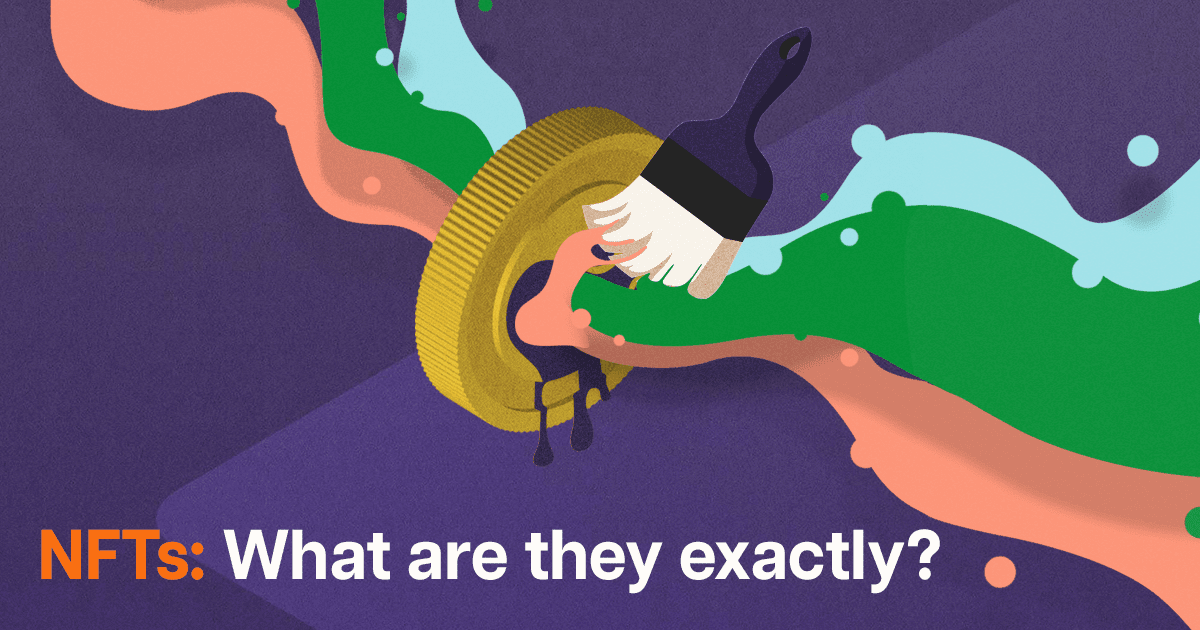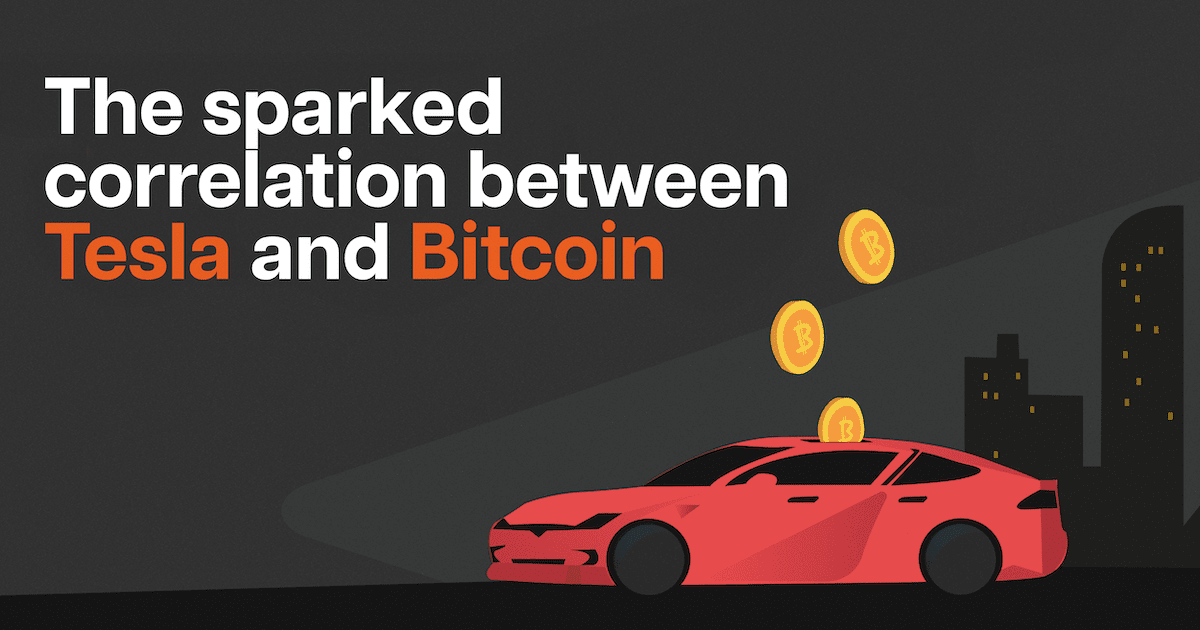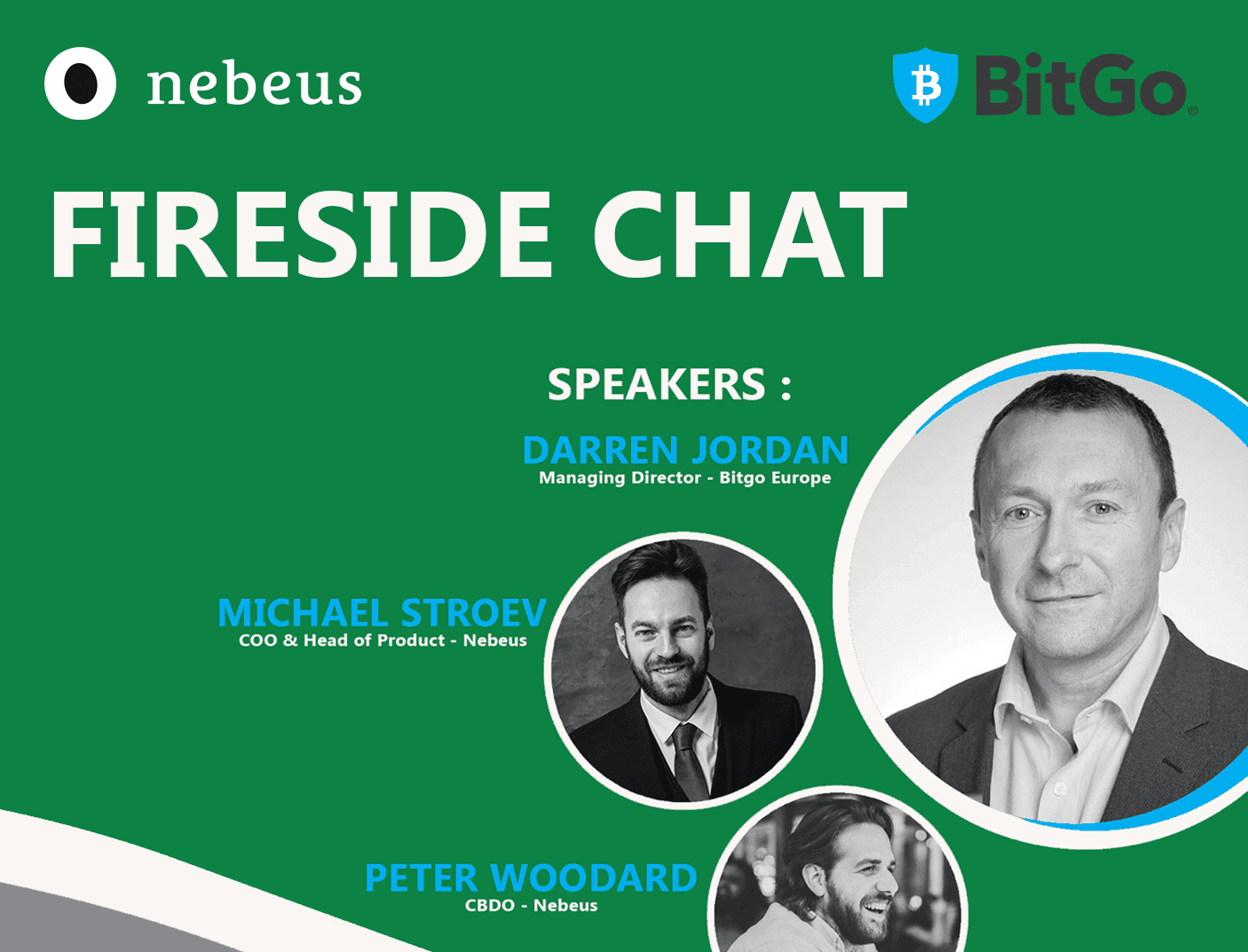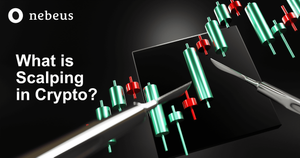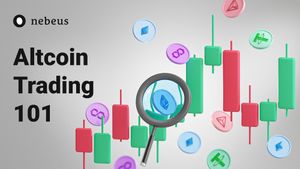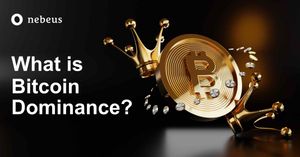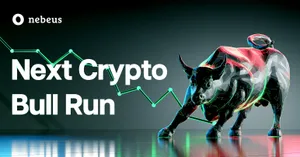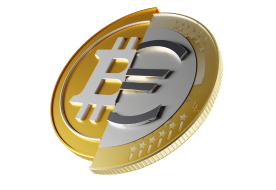Unless you’ve been hiding under a rock, chances are you would have come across the three-letter acronym of the moment: NFTs.
You might have even found yourself frantically googling phrases such as ‘what does NFT mean’ or ‘NFT meaning’.
But what does NFT mean exactly, and why have they become so popular? Read on – we’re here to explain what it all means!
What is an NFT?
What does NFT mean? For the uninitiated, NFTs, or non-fungible tokens, are unique tokens that are not interchangeable with other tokens existing in the same class.
These non-fungible tokens are meant to represent certain digital assets, including art and in-game items, amongst plenty of other collectibles.
What is fungible vs. non-fungible?
The difference between fungible tokens and non-fungible tokens can best be explained through examples.
For instance, digital assets such as Bitcoin or Ethereum are examples of fungible assets. The word fungible means that they are interchangeable for a particular purpose.
So, if someone were to borrow one ETH from you, they would be able to return the same ETH back to you. There would be no practical difference.
On the other hand, if someone borrowed specific NFTs from you, they would have to return those exact same NFT digital assets to you.
This is because NFTs all have individual characteristics that make them a unique digital asset from one another.
How do NFTs work?
NFTs aren’t just pieces of digital art you see on the screen.
The driving technology behind NFTs and what makes them special is that they are underscored by unique units of data on smart contract-enabled blockchains, such as Ethereum and NEO, amongst others. NFTs are crafted based on various token standards, such as the ERC-721 standard.
What all this means is just that attributes such as file links and other forms of metadata can be encoded in the token, providing information on its source and past transactions, amongst other data related to the digital asset.
This is to ensure that all NFTs are unique.
Why are they so popular?
There are several reasons why NFTs and the NFT market have become so popular in recent months.
This is in spite of the fact that NFTs have actually existed long since 2015. If you've heard about Cryptokitties at some point, they too are NFTs that gained attention in 2017.
That said, the current attention that the NFT market is currently experiencing is certainly unprecedented. The sudden spike in popularity can be attributed to several factors.
A slew of celebrities and renowned personalities have recently begun to take note of NFT collections. From Mark Cuban to Paris Hilton, NFTs have been referenced and discussed on by numerous such individuals. Some of them have even gone so far as to create their own NFTs.
The result of all this? What was once thought to be an obscure and niche corner of the internet has blown up as a result of this popular attention.
Beyond this, the sheer amount of money some of this NFT digital art has gone for on NFT marketplaces has equally helped attract attention to these assets.
The recent sale of Mike Winkelmann's “The First 5000 Days” for a whopping 69 million has no doubt raised eyebrows everywhere.
The fact that what the average person would perceive to be a JPEG was sold for that much money would pique the interest of anyone. The opportunity to potentially make even a fraction of that sum is an incredibly attractive proposition.

How to use NFT marketplaces to buy NFTs?
Buying NFTs and solidifying your NFT ownership is a lot easier than you think.
While diving into the crypto-sphere may seem daunting, all it really takes is some time and a few clicks.
First, you'll need to acquire an NFT-compatible cryptocurrency wallet. Some good choices include Metamask or Rainbow.
Then, purchase some Ethereum from centralized NFT exchanges – you'll be using this to buy NFTs.
Then, navigate to the largest NFT marketplaces such as OpenSea or Rarible to find NFT collections or NFT projects you'd like to purchase.
How to sell NFTs and NFT collections on an NFT market?
Selling NFTs can be just as simple.
If you're a digital artist or creator hoping to tokenize your NFT digital art into NFTs for sale, you'll have to mint NFTs first on platforms such as Rarible or Mintable. After that, you can then list your digital art NFTs for sale on the aforementioned online NFT marketplaces.
If that isn't the case and you're simply just a trader or investor looking to flip your NFT collection, you can proceed straight to listing your NFT art on popular NFT marketplaces without minting new ones.
Are NFTs and digital art a good investment?
As with any investment, it's always important to do your own research.
For now, though, there are several factors on why you should be bullish on NFTs. NFTs have huge growth potential, especially considering their incredibly versatile use cases. Beyond just NFT art and an NFT collection, NFT projects have also been incorporated into blockchain games, digital documentation, and licenses, amongst plenty of other use cases.
Needless to say, as the NFT space continues to grow, it will be an incredibly exciting one to watch. This is especially considering the potential for NFTs to serve as the bridge between the digital and cryptocurrency spheres and mainstream consumers.
As the digital revolution continues to sweep the world, the future looks optimistic for NFTs.
FAQ
What is an NFT in simple terms?
An NFT, or non fungible token, is a kind of digital file that represents a unique item or piece of content that can be sold on an NFT marketplace.
Unlike cryptocurrencies like Bitcoin or Ethereum, which are fungible and can be exchanged on a like-for-like basis, NFTs, as a digital file have distinct values and features that make them non-interchangeable. They can represent digital art, music, virtual real estate, and more, which are exchanged using a digital wallet and an NFT marketplace.
What does an NFT actually do?
An NFT provides proof of ownership and authenticity of a unique digital item.
By using blockchain technology, an NFT ensures that the ownership and the history of the digital asset are securely recorded and easily verifiable. It functions as a digital certificate of authenticity and enables the buying, selling, and trading of unique digital assets on various NFT marketplaces.
Why would anyone buy an Non Fungible Token?
People buy NFTs from an NFT marketplace for several reasons.
Some buyers are collectors who value the unique digital assets that NFTs represent, such as digital artwork or rare virtual items.
Others see NFTs as an investment opportunity, hoping the value of the NFT will increase over time and can be resold on an NFT marketplace.
In addition, some people buy NFTs to support the artists or creators they admire, or simply to participate in the evolving world of digital ownership and blockchain technology.
You can sign up for a Nebeus account to open an account to bridge crypto and fiat.
La inversión en criptoactivos no está regulada, puede no ser adecuada para inversores minoristas y se puede perder la totalidad del monto invertido.


